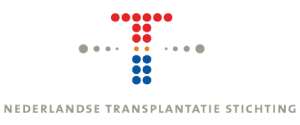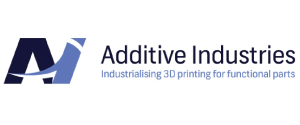Oozing Life,
An inevitable property
of matter
A WORK ABOUT BIOSCAFFOLDS AND THEIR CURRENT LIMITATIONS
What are the components that are required, at a minimum, to shape a functioning synthetic organ? Designing this form is like choreographing a dance between instructions coded within cells, material properties and shape. Is it possible to find the perfect ballance between these limitations and compromises or is the oozing of life an inevitable property of matter.
With ‘Oozing Life’, Essaïdi proposes the spider, whose web touches upon the platonic model of perfection, as the architect of the minimalistic form still maintaining function.
While designing a bioscaffold -or other constructs meant to be implanted in the human body- the choice of material is critical for both its form and function. For this work the design was guided by the elegant and minimalistic engineering solution of the spider’s web and printed using the latest 3d metal-printing technology.
Resulting in the bioscaffold for a heart as strong as steel but obviously not fit for its task. An example of the limitations and compromises faced while designing a vessel to hold life.

